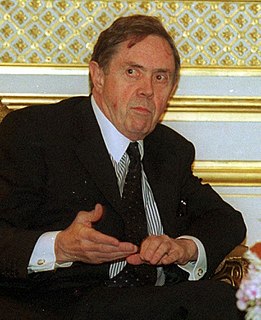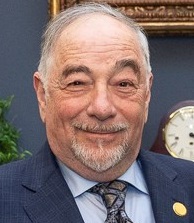A Quote by Urjit Patel
The monetary policy committee could either keep rates constant, increase them, or bring them down. There are three options possible compared to when it is accommodative.
Related Quotes
Arthur Laffer's idea, that lowering taxes could increase revenues, was logically correct. If tax rates are high enough, then people will go to such lengths to avoid them that cutting taxes can increase revenues. What he was wrong about was in thinking that income tax rates were already so high in the 1970s that cutting them would raise revenues.
If you bring [tax] rates down, it makes it easier for small business to keep more of their capital and hire people. And for me, this is about jobs. I want to get America's economy going again. Fifty-four percent of America's workers work in businesses that are taxed as individuals. So when you bring those rates down, those small businesses are able to keep more money and hire more people.
By the time the Deputy Minister presents a matter for decision to cabinet, he or she tends to present three options: ' the unacceptable', 'the politically courageous', and 'the bureaucrat-preferred' options. As such, it is usually best to get down into the department to the person doing the first drafts of any policy.
Hillary Clinton's position on policy on markets and trade is very plain, which is we'll do trade deals but only if they meet three criteria, increase American jobs and wages and are they good for national security. If they are and if we can enforce them, then trade deals are okay. If not, we can't embrace them.

































